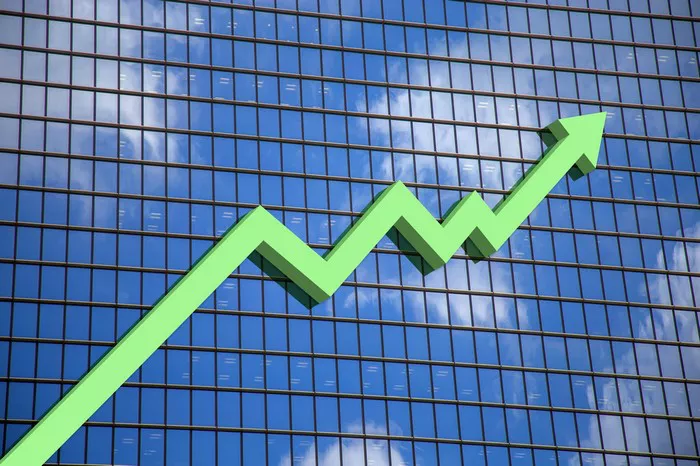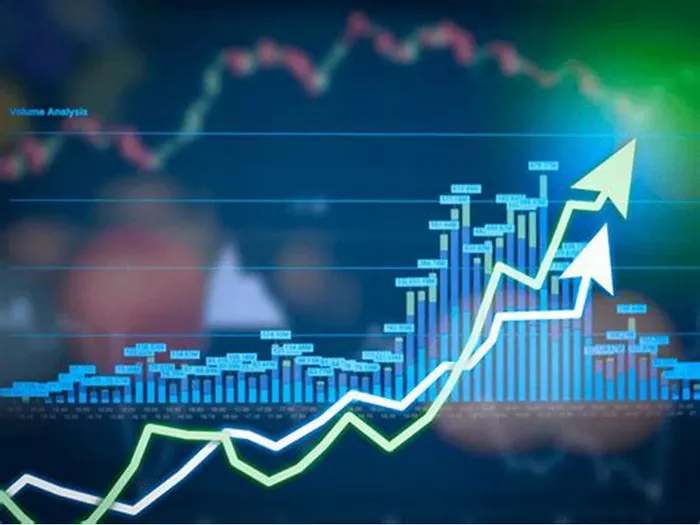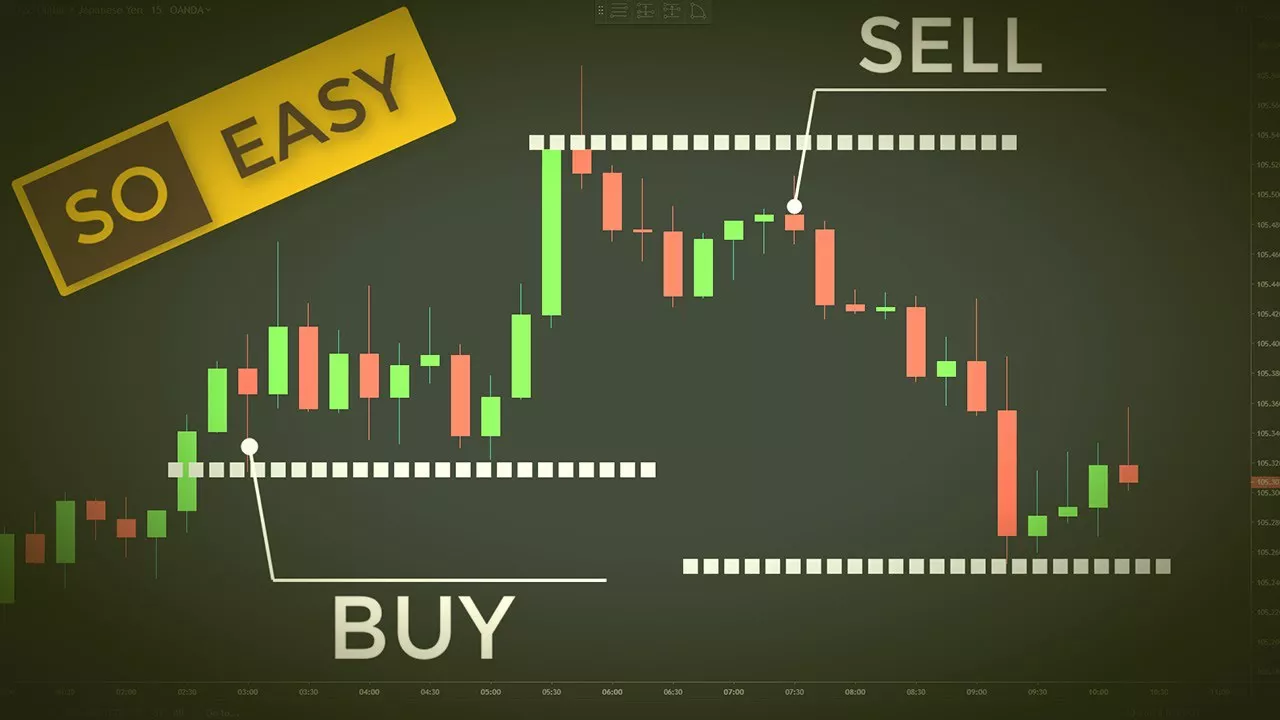Hong Kong’s Exchange Fund has reported a remarkable investment return of HK$224.7 billion (approximately US$28.8 billion) for the first nine months of this year. This marks the fund’s best performance on record, largely driven by a rally in stock markets in Hong Kong and the United States. The data, released by the Hong Kong Monetary Authority (HKMA), highlights the effectiveness of the fund’s diversified investment strategy, which is crucial for maintaining the city’s currency peg.
In the fiscal second quarter ending in September, the fund rebounded significantly, earning HK$114.6 billion compared to a loss of HK$10.5 billion in the same period last year. “With improved market sentiments, we hope to maintain this momentum and achieve positive returns for the Exchange Fund in the fourth quarter,” said Eddie Yue Wai-man, HKMA’s chief executive. He emphasized that while there are positive signs, global markets still face considerable uncertainty.
Historical Context and Investment Strategy
The Exchange Fund, established in 1935 to back Hong Kong’s currency notes, has now secured four consecutive quarters of gains. Since the Hong Kong dollar was pegged to the US dollar in 1983, the fund has become a vital resource for the HKMA, allowing it to protect the local currency’s value against hedge fund activities and currency speculators.
The HKMA invests the Exchange Fund in a range of assets, including global bonds, overseas real estate, and equities both locally and internationally. In the third quarter, the fund’s investments in Hong Kong equities surged by HK$21.9 billion, reflecting a 19% increase in the Hang Seng Index. This is a significant turnaround from last year, when it reported a loss of HK$5.6 billion in the same quarter. In total, Hong Kong equities contributed HK$28.5 billion in gains during the first nine months of the year.
Factors Behind the Rally
The positive stock market performance followed the US Federal Reserve’s decision to lower its key interest rate by 50 basis points on September 18—the first reduction in four years. Further momentum was provided by substantial stimulus measures introduced by Beijing on September 24 to revive the housing market and bolster economic growth.
The Exchange Fund also benefited from its overseas stock investments, which generated HK$18.2 billion in the third quarter, compared to an HK$8 billion loss in the same period last year. Over the first nine months, stock gains rose by 63% year-on-year to HK$66 billion.
Additionally, the fund’s bond investments performed strongly, yielding HK$66.4 billion in the third quarter—four times the HK$15.7 billion earned a year earlier. In total, bond investments brought in HK$124.3 billion in the first nine months, an increase from HK$73.7 billion the previous year.
Currency and Long-Term Investment Insights
Despite these strong gains, the Exchange Fund faced losses due to foreign exchange depreciation on non-US dollar assets, totaling HK$8.2 billion, though this was an improvement from the HK$9.3 billion loss the previous year. The ICE US Dollar Index also showed a 4.8% decline in the third quarter against major currencies.
Investments in overseas property and other long-term projects yielded HK$14.1 billion in the first half of the year, slightly down from HK$16.5 billion the year before. The HKMA plans to release further details on the performance of its long-term investments in the near future.
This record performance of the Exchange Fund underscores the importance of strategic investment decisions and highlights the ongoing recovery in global markets, despite uncertainties that remain.
Related topics:





























